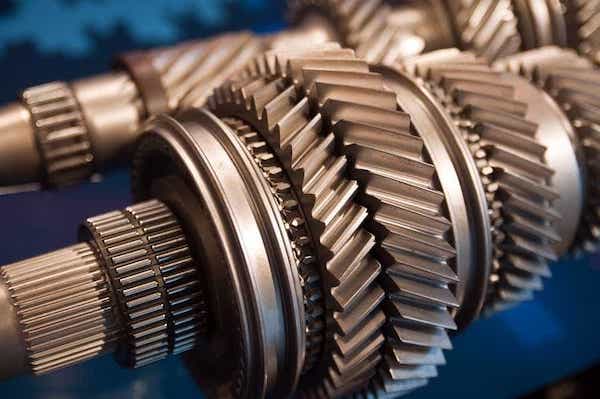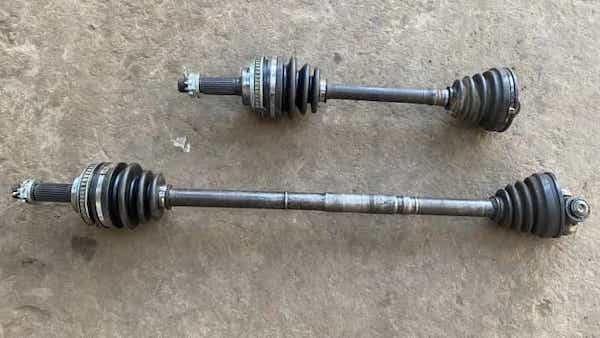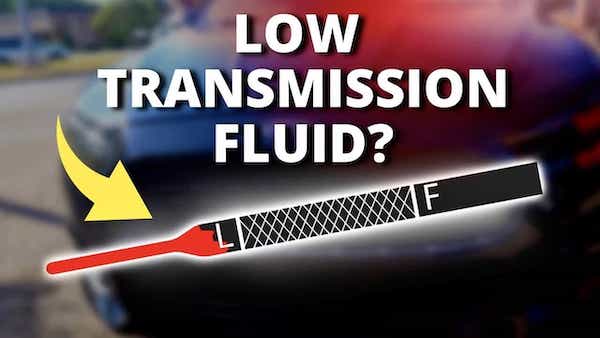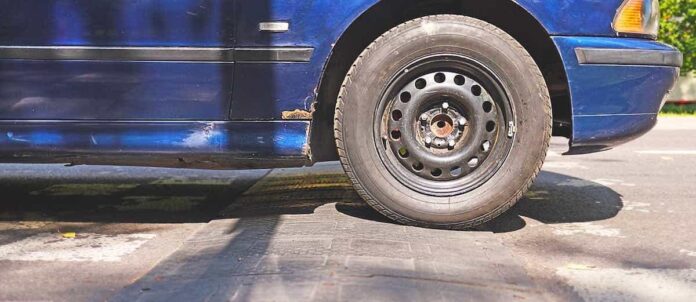Have you ever heard a clunking noise when reversing your car? If yes, then you might be wondering what could be causing this noise and whether it is something to worry about. In this article, we will discuss the common causes of clunking noise when reversing and how to fix them.
What causes a clunking noise when reversing a car?
There are several reasons why your car may make a clunking noise when reversing. Here are some of the common causes:
1. Worn-out suspension components
The suspension system is responsible for ensuring a smooth ride by absorbing shock and vibrations. However, the suspension components such as struts, shocks, and bushings can wear out over time, leading to a clunking noise when reversing.

2. Loose or damaged driveshaft components
The driveshaft is responsible for transferring power from the engine to the wheels. If the driveshaft or its components are loose or damaged, it can cause a clunking noise when reversing.
3. Faulty CV joints
The CV joints are responsible for transferring power from the transmission to the wheels. Over time, the CV joints can wear out, leading to a clunking noise when reversing.

4. Loose or worn-out engine mounts
The engine mounts hold the engine in place and prevent it from moving excessively. If the mounts are loose or worn out, the engine can move when you reverse, causing a clunking noise.
5. Low transmission fluid
The transmission fluid is responsible for lubricating the transmission and preventing it from overheating. If the fluid level is low, it can cause a clunking noise when reversing.

How to fix a clunking noise when reversing a car?
Fixing a clunking noise when reversing depends on the underlying cause. Here are some common fixes:
1. Replace worn-out suspension components
If the suspension components such as struts, shocks, or bushings are worn out, you need to replace them. This will restore your car’s smooth ride and eliminate the clunking noise when reversing.
2. Tighten or replace driveshaft components
If the driveshaft or its components are loose or damaged, you need to tighten or replace them. This will ensure that power is transferred smoothly from the engine to the wheels and eliminate the clunking noise.
3. Replace faulty CV joints
If the CV joints are worn out, you need to replace them. This will ensure that power is transferred smoothly from the transmission to the wheels and eliminate the clunking noise.
4. Replace worn-out engine mounts
If the engine mounts are worn out, you need to replace them. This will ensure that the engine is held in place and does not move excessively when reversing, eliminating the clunking noise.
5. Check and fill the transmission fluid
If the transmission fluid level is low, you need to check and fill it. This will ensure that the transmission is properly lubricated and prevent it from overheating, eliminating the clunking noise.
When should you seek professional help?
While some of the fixes can be done at home, others require professional expertise. You should seek professional help if:
- You are not sure about the underlying cause of the clunking noise.
- You are not confident about fixing the problem yourself.
- The noise persists even after trying the above fixes.
How to prevent clunking noise when reversing a car?
Here are some tips to prevent clunking noise when reversing a car:
- Regularly check and maintain your car’s suspension, driveshaft, engine mounts, and transmission.
- Avoid sudden stops and acceleration when driving.
- Do not overload your car beyond its weight capacity.
- Use high-quality lubricants and fluids in your car.
Conclusion
In summary, a clunking noise when reversing a car can be caused by several factors, including worn-out suspension components, loose or damaged driveshaft components, faulty CV joints, worn-out engine mounts, and low transmission fluid. To fix the problem, you need to identify the underlying cause and take appropriate action, which could include replacing worn-out parts, tightening or replacing driveshaft components, or checking and filling the transmission fluid. If you are not sure about the cause of the noise or how to fix it, seek professional help. By following the tips to prevent clunking noise, you can avoid the problem from happening in the first place and keep your car running smoothly.

